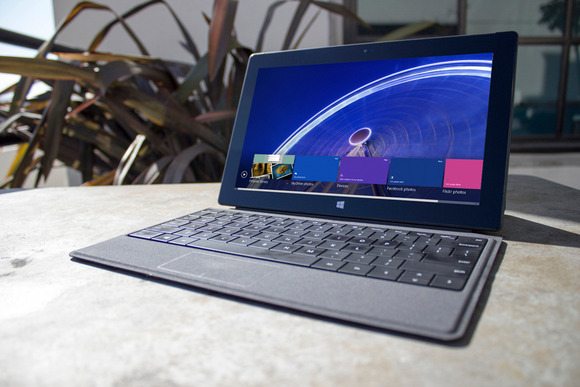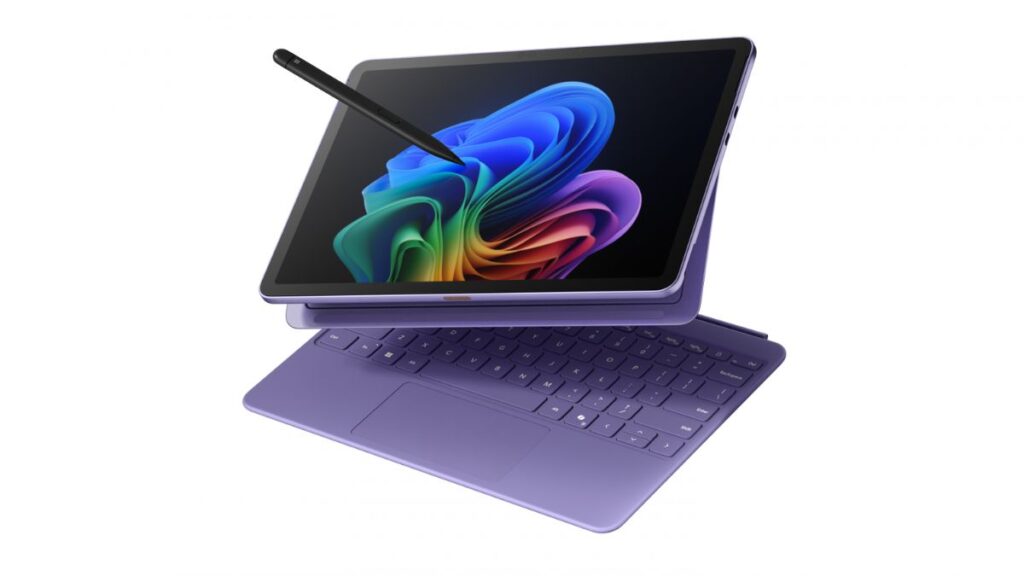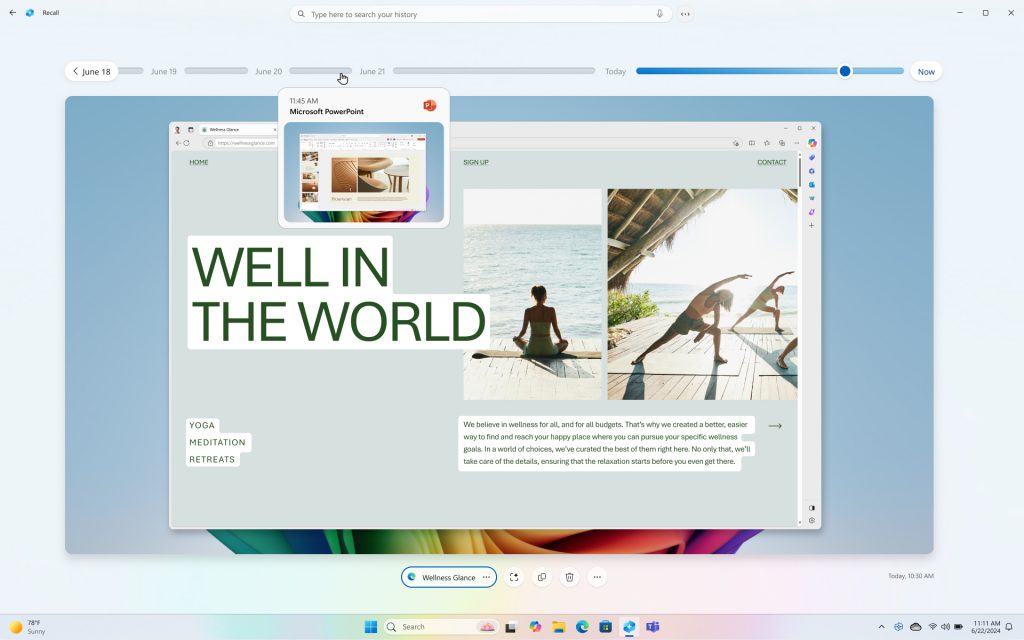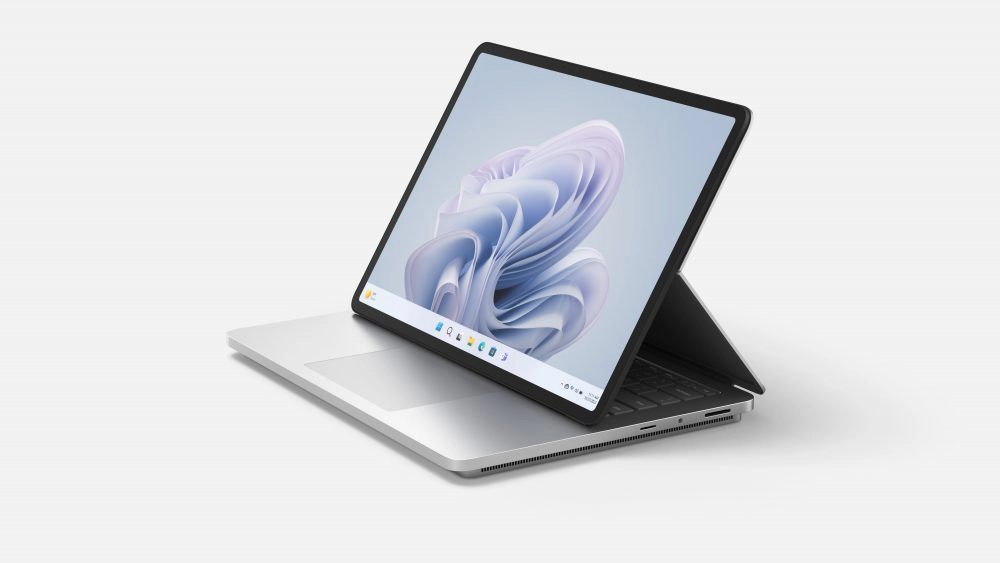A funny thing happened to me when I started playing around with a Surface Pro 2: It became my favorite computer.
I’m not a Windows hater by any stretch of the imagination, but I also didn’t expect to come to rely on the Surface Pro 2 as much as I did. Normally I use an 11-inch MacBook Air as my primary PC, and I have an iPad mini and a Samsung Series 7 Slate as secondary devices. Given Microsoft’s spotty device-development history (the collapse of Zune, the epic failure of the Microsoft Kin smartphone), let alone Microsoft’s long-ago failure with tablets, all I wanted to know was whether the Surface Pro 2 had improved on the original Surface Pro. I also wanted to test claims that it can tackle heavy productivity tasks.
At home in the office
Tablet form factor aside, the Surface Pro 2 is every bit a Windows 8.1 computer, so it’s not surprising that most of the time, I use it in my office, sitting at my desk. Here, the optional docking station really makes it shine: I just set the Surface Pro 2 in the docking station, slide the connectors into place, and the device is instantly connected to my network and peripherals. When hooked up to a traditional keyboard, monitor, printer, and mouse or touchpad, I find the the Surface Pro 2 to be a more-than-adequate PC replacement.
My workdays involve writing, communicating, and researching. So I spend the vast majority of my time in Microsoft Word, Outlook, and Internet Explorer. With most mobile devices, I’d have to use a stripped-down mobile or Web version of these applications or else find substitutes. I love how the Surface Pro 2 lets me run the full, uncompromised versions of Microsoft Office and all my other Windows software.
Generally, I prefer to use a touchpad rather than a mouse even with other operating systems and older versions of Windows. When using the Surface Pro 2 as a PC, though, I appreciate the touchpad even more because it feels like a more native and intuitive way of interacting with Windows 8.1. The touchpad provides some consistency between navigating the Surface Pro 2 as a desktop and using it as a tablet.
A truly portable PC
A few days a week, I leave the confines of my office to work at my remote annex site—better known as my local Starbucks. If I had a true desktop PC, I’d need a supplementary laptop of some sort for these off-site excursions, and I’d need SkyDrive or Google Drive, or some other system, to keep files in sync between the two. The Surface Pro 2 is the PC I can take with me.
Microsoft offers the Touch Cover and Type Cover keyboard covers as optional add-ons, but they’re really necessities. I needed some sort of protective cover for the tablet display while mobile anyway, and the keyboard covers let me use the Surface Pro 2 like an Ultrabook when I choose.
Both covers work well enough, but I struggled at times with the less-tactile keys on the Touch keyboard cover. I also found the Touch Cover a bit flimsy when trying to use it on my lap, so I prefer the Type Cover even though it’s a little thicker and heavier. With the Type Cover, the Surface Pro 2 is still lighter and thinner than most Ultrabook or hybrid options, and the cover folds all the way back when I just want to use the device as a tablet…
Read the full article at PCWorld: How the Surface Pro 2 became my favorite computer.
- Cybersecurity’s Unsung First Responders Step Into the Spotlight - October 16, 2025
- How AI and Integration Are Transforming Software Security - October 13, 2025
- Fighting Machines with Machines: How AI Is Redefining the SOC - October 6, 2025



